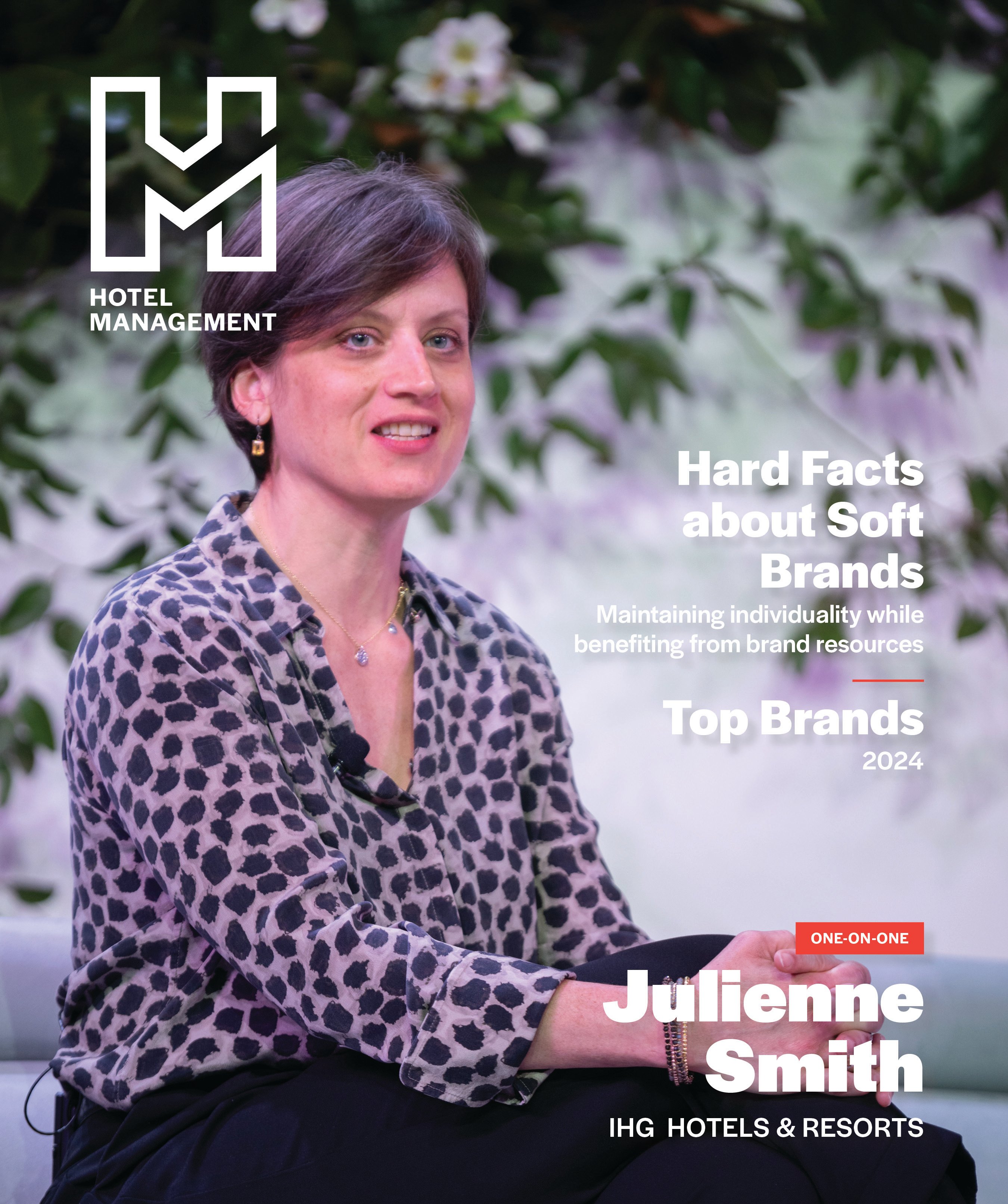According to the Hospitality Asset Managers Association’s Fall 2022 Industry Outlook Survey, hotel managers are optimistic about the industry’s future—but cautious about shifting norms.
The semi-annual report collects the opinions, experiences and predictions of hotel asset managers concerning the hospitality industry since the beginning of the pandemic. The survey also addressed respondent’s thoughts on the current state of the industry. In total, 68 asset managers, comprising approximately one-third of membership, participated in the survey.
“The biggest surprise from the respondents is how labor—both wages and availability—continues to be a challenge for hotels, despite the large increases seen in labor cost over the last two to three years,” said HAMA President Matthew Arrants, principal of the Arrants Company. “The hospitality space continues to compete against the retail and distribution sectors for talent, which makes it difficult for hotels to compete. Nevertheless, staffing levels are slowly improving and should continue to stabilize throughout 2023.
“Less surprising, but still of great concern to the membership, are inflationary fears and the potential impact of a recession,” Arrants continued. “These both create a challenge in trying to develop budgets. So far, there’s a lot of worry over a potential recession but no concrete impact.”
Notable Findings
Just under 50 percent believe industry revenue per available room levels as a whole will return to 2019 levels by 2023, while approximately 40 percent predict it will occur in 2024. Arrants said this was one of the “most notable” shifts in sentiment since the last survey. “Most asset managers were pleasantly surprised by the increase in overall RevPAR during 2022, which largely was driven by ADR,” he said. “General Inflation is a relatively new concern. So far, the impact appears to be most noticeable in new development and renovations. In general, increases in operating costs have been offset by increased rates.”
Roughly 80 percent of those surveyed are seeking acquisition opportunities, but at the same time, more than 70 percent of respondents said they were not changing (or had no plans to change) brand management as part of their pandemic recovery strategy. “The recent increase in interest rates and corresponding slowdown in the capital markets may have changed the outlook for transactions in the near term,” Arrants said. “Nevertheless, there are several groups that are sitting on a fair amount of cash, which should bode well for transactions, even in a rate-challenged environment.”
Nearly all respondents said they did not plan to turn their hotels over to their lenders or enter into a forced sale situation, and almost none said they had not taken either step since the spring survey.
Approximately 60 percent of respondents believe most of their portfolios (more than 75 percent) will exceed 2022 budgeted RevPAR. Similarly, nearly half of participants expect 75-100 percent of their portfolio to exceed 2022 budgeted gross operating profits, and nearly 70 percent predict a decline of 25 percent or less in their RevPAR compared to 2019 for their entire portfolio.
Asset managers said they are most concerned about labor availability (86.76 percent), labor costs (85.29 percent) and demand (42.64 percent).
“Based on the survey responses (and notwithstanding a major economic recession), the hospitality sector is on track to achieve recovery in 2023/early 2024,” Arrants said. “Although labor will continue to be a challenge, the sector is adapting quickly and has reemerged from the COVID-19 downturn with very strong ADRs compared to pre-pandemic times.
“Long term, the increases in ADR should bode well for overall profitability. Nevertheless, many groups have debt that is coming to term soon which may create significant headwinds in refinancing for some while providing opportunities for groups that have cash available.”

